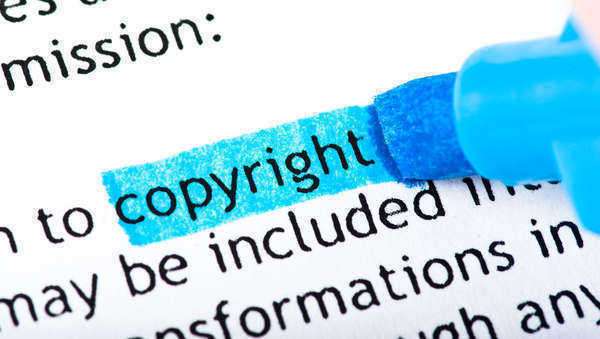Easy Definition of Infringement
Copyright infringement refers to any unauthorized or barred use of works which are under copyright. Infringing on an entity's or individual’s copyrighted work will result in a legal charge and a subsequent fine or criminal punishment. Copyright infringement, in essence, steals someone's property by violating the owner's exclusive rights.
When something is copyrighted, the owner of the good or idea has the ability to market or reproduce the product for a profit. When this right is infringed upon and the copyright is ignored through a derivative work, the individual or entity who stole the idea will be guilty of copyright infringement.
When the rights to a secured item under copyright are violated the charge applied to the act will be viewed as piracy. The practice of labeling the infringed item of exclusive rights for a creative work violates statutory copyright law. Although the act is commonly referred to as a 'theft', copyright infringement does not mean a literal theft, but instead an instance where an individual exercises an exclusive right of the copyright without the owner's authorization.
